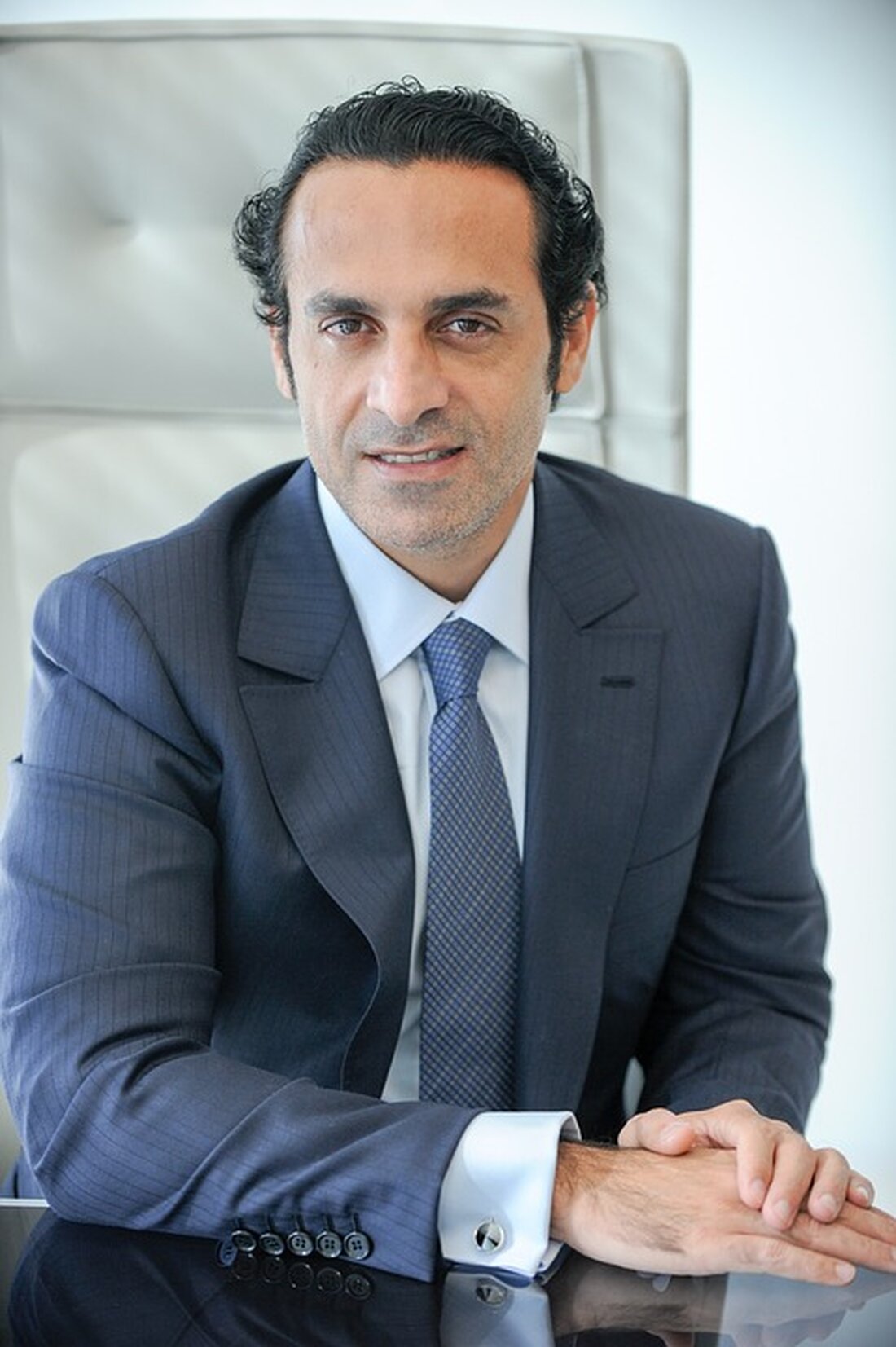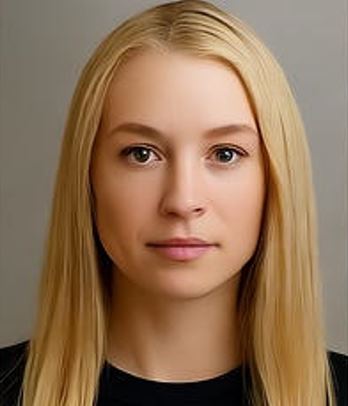Inclusion in Carinthia: Companies focus on professional participation
The Essl Foundation is committed to professional inclusion of people with disabilities. Learn how companies break down barriers and create opportunities to promote individual strengths.

Inclusion in Carinthia: Companies focus on professional participation
Around 15 percent of people worldwide are affected by disabilities, and yet many of them face the challenge of finding suitable employment. In Austria, around 75 percent of companies refrain from employing people with disabilities and instead decide to pay a compensatory tax. The Essl Foundation has set itself the ambitious mission of removing barriers for people with disabilities within its Zero Project. “It is our goal to give all people with disabilities the opportunity to earn an income through work that is tailored to their individual abilities,” explains Martin Essl, initiator of the project.
To achieve its important goal of raising awareness, the Essl Foundation hosts industry dialogues that bring together companies that work successfully with inclusive teams. The seventh industry dialogue, which will take place on November 21st in Carinthia, is aimed specifically at crafts and commerce. autArK, the regional partner of the Essl Foundation in Carinthia, has proven in recent years that such formats can dispel myths and concerns about the employment of people with disabilities. Andreas Jesse, Managing Director of autArK, emphasizes: “With the right framework conditions, the professional inclusion of people with disabilities can be successfully implemented.” autArK also provides support through the NEBA program, which serves as a central contact point for companies in Carinthia that have questions about employing people with disabilities.
Model companies and awards
An outstanding example of successful inclusion is the snowboard company Capita MFG GmbH in Feistritz an der Gail. “The integration of people with disabilities is not a special area for us, but encompasses our entire corporate philosophy,” emphasizes Managing Director Wilhelm Ebner. The company was awarded the Carinthia Inclusion Prize this year, a sign of the commitment and progress made in this area.
Other companies that will be presented at the industry dialogue include the Villach company Technoholz and the Novak garden design company from Feldkirchen. Georg Novak says, “I believe that everyone deserves a chance to prove themselves and everyone has their strengths.” This attitude shapes the corporate culture and shows that inclusion in the world of work is not only possible, but also worthwhile.
Economics officer Sebastian Schuschnig (ÖVP) emphasizes that companies in Carinthia have been leaders in professional inclusion for years. The Carinthian government also recently announced an investment of 7.4 million euros by 2027 to create living space for people with disabilities and expand assistance services. Equal opportunities officer Beate Prettner (SPÖ) addresses the fact that the focus has become on strengthening wages instead of pocket money in order to promote the financial independence of people with disabilities.
In summary, the commitment of the Essl Foundation and its partner organizations contributes to actively promoting the inclusion of people with disabilities in the world of work and represents a valuable resource for society as a whole.

 Suche
Suche
 Mein Konto
Mein Konto
